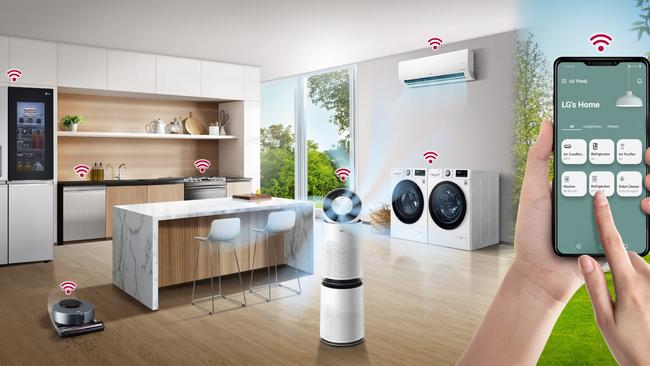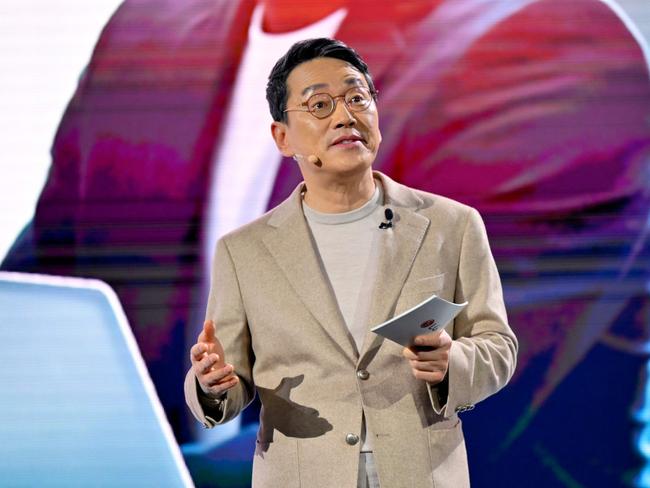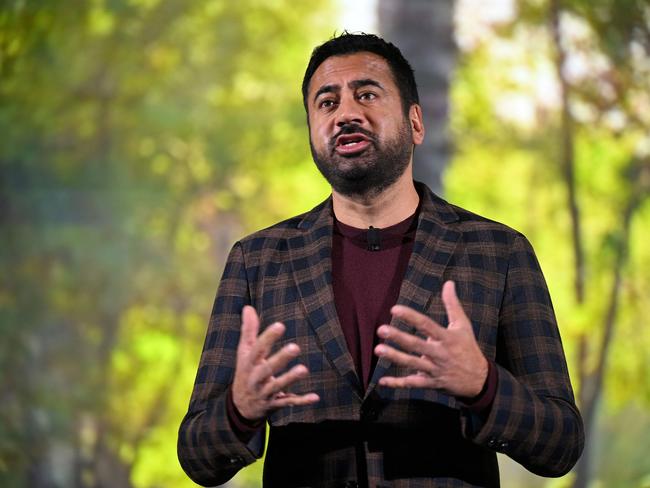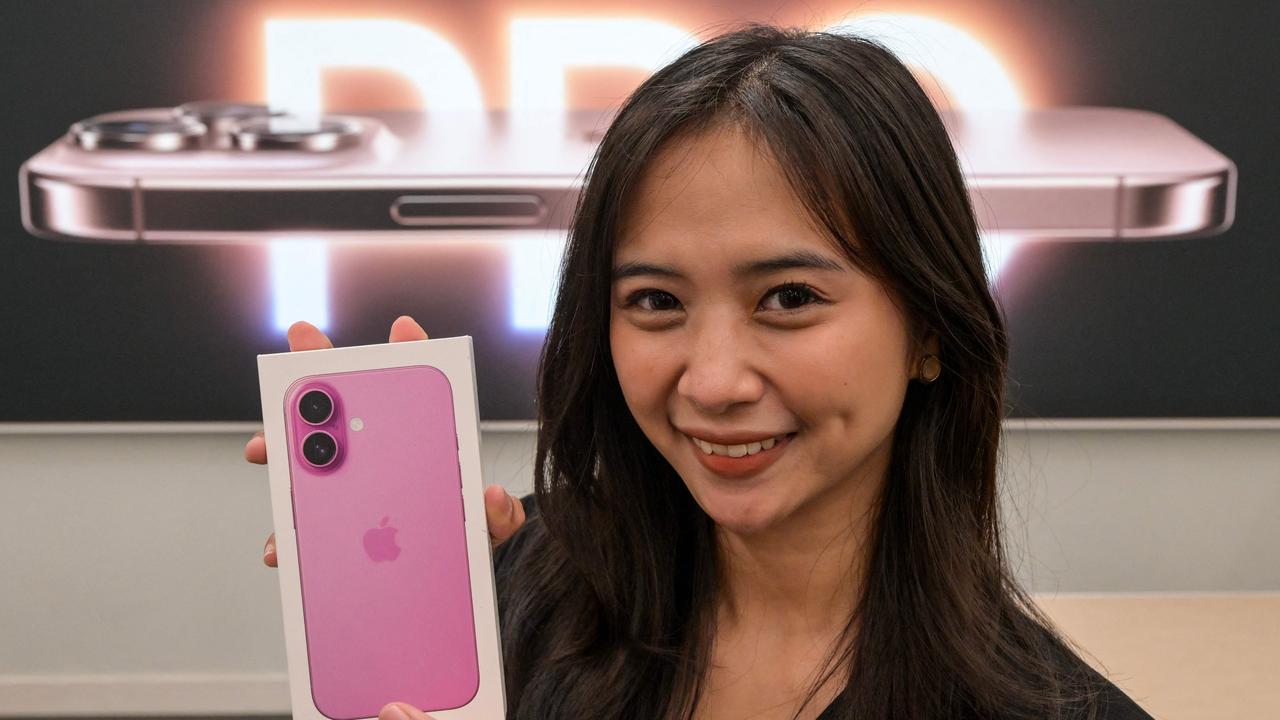Tech takes the sustainability approach to our throwaway society
Fridges adjusted to use less power via an app and battery-free TV remote controls are two ways big brands are fighting for the green dollar.

A resounding theme at Consumer Electronics Show was the impact technology has on the environment and a focus on sustainability.
The world’s largest technology brands say they see the need to reduce landfill and the use of plastics, and to increase longevity of product use in the market.
While many brands may use recycled materials in products, this is not the only way to improve sustainability, and at CES we saw this done in new ways.
Through market research, brands have learned that one of the biggest reasons consumers replace appliances is to embrace a new feature or hardware element in newer models. When consumers hear of a new capability, they want it, buy it and the old machine moves to the kerb. Applying a sustainability lens to this could mean raising the question of why you couldn’t simply update or improve your existing appliance?

LG has taken this approach and is introducing ThinQ UP, a new way to make your appliances feel like new. ThinQ UP will apply to refrigerators, washers, dryers, oven ranges, and dishwashers. As an example, ThinQ UP will allow washing machines to receive updated wash cycles, improve water efficiency or energy use over time and allow updates for the appliance, like with a smartphone.
LG also introduced its line-up of Mood UP appliances which allow a change to the colours of fridge panels to keep them fresh and in the theme of the kitchen, whether after a renovation or as tastes change over time.

Over at Hisense, the use of software is being adopted to reduce the impact on the environment. The ConnectLife app will start to integrate into all Hisense products including televisions, fridges and air conditioners. This app will gives quick access to ensure the AC is off when not needed – which also reduces energy bills.
The app will also enable power consumption on large appliances like fridges and freezers to be reduced when on holidays, and will extend into the home where rules can be set to create automation for convenience and savings.
Like LG and Hisense, Samsung is also attempting to reduce its carbon footprint and power operations with renewable energy.
In 2023, a larger portion of Samsung products will be made from recycled materials including discarded fishing nets. From a consumer perspective, Samsung is one of the only brands to have removed batteries from the remote control of the TV, in favour of a small solar panel that can recharge through indoor lighting.

Samsung has announced a new partnership with Patagonia and developed a new washing cycle to reduce the amount of microplastics extracted from garments entering oceans and seas.
At CES, Samsung also announced plans to measure and decarbonise the use of its products, taking ownership of sustainability beyond the point of sale.
New energy saving modes will be added to more products in its range to save power when the device is not needed. This intelligence will learn daily habits and would be a seamless way of being sustainable without needing to change the way people live.
At the Las Vegas show, Belkin has also announced that its upcoming line of power adaptors and chargers will now be made from recycled materials taking the environmental impact to even the smallest of gadgets it makes.
Fortunately, a change like this, which had significant research and development costs for the company, will not cost consumers more as the price of the new generation matches current models.
When it comes to energy consumption, pollution and the overall impact on the environment, technology companies are working to ensure that their products don‘t contribute to a negative effect on the planet directly or indirectly through its use.
These changes in the products will reduce energy costs, add convenience and all of that without a change in our behaviour.
Geoff Quattromani travelled to Las Vegas with support from Samsung, LG, Hisense and HERE



To join the conversation, please log in. Don't have an account? Register
Join the conversation, you are commenting as Logout